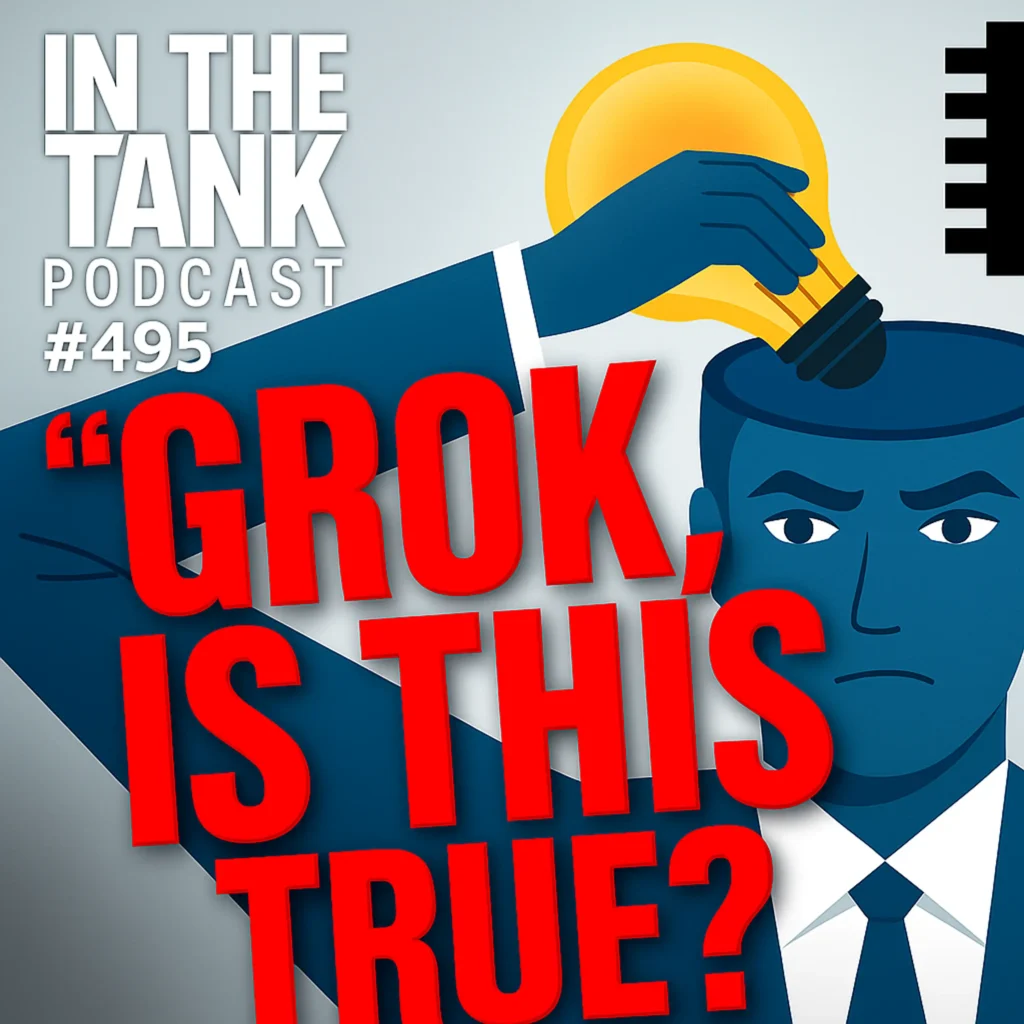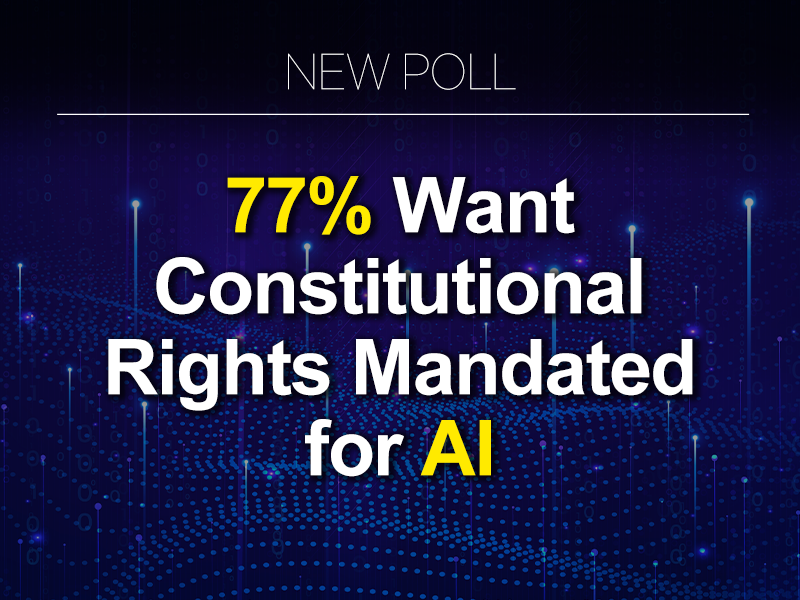Problem
Jon Leibowitz, chairman of the Federal Trade Commission, recently called for a new policy that would create a government-run system to control what information we share about ourselves online.
The proposal is aimed at advertising agencies that employ “behavioral advertising,” a practice Leibowitz and others consider a violation of a right to privacy.
Leibowitz’s proposed “Do-Not-Track” list would “solve” a problem that does not exist. Worse, it would open the door to increased government control over our Internet lives.
After asserting control over uncharted Internet territory with the new net neutrality regulations, the executive branch is overreaching again. The FTC’s “Do-Not-Track” list will slow growth in the Internet sector, create
bureaucracy, and worsen, rather than improve, the Internet experience for end users.
Policy Solution
Rather than implement heavy-handed government intervention, allow the private market to adapt to the concerns of its customers.
The FTC should not create a “Do-Not-Track” list. Federal government interference is not needed in this realm, as the Internet browser market already has seen the implementation of “Do-Not-Track” features. Moreover, Jim Harper of the Cato Institute notes, “A ‘do not track’ system would deceive consumers into believing their privacy is protected when they are actually only insulated from the rarefied discomfort of receiving accurately
targeted marketing.” The FTC should discontinue its pursuit of new rules and regulations governing the Internet in this way.
Policy Message
Point 1. The “Do-Not-Track” proposal aims at a problem the market is already taking care of. All three major browsers (Firefox, Internet Explorer, and Chrome) have included do-not-track features in their most recent versions.
Point 2. The private sector has been working to protect consumers’ privacy well before the government decided to get involved.
Point 3. Behavioral advertising benefits both private companies and private citizens, creating an individually tailored browsing experience for users.
Point 4. Behavioral advertising is responsible for keeping most of the Internet services we take for granted free of charge. If we regulate advertisers and limit the techniques they can use, we can expect to see fees for currently free services like Web-based email, social networking, and news.
Point 5. Increasing government regulation of the Internet will limit growth in the fastest-growing sector of our struggling economy.
Policy Facts
Fact 1. Companies spent more than $22 billion in 2009 on online advertising.
Fact 2. Advertisers and Web browsers are already working to regulate behavioral advertising.
Fact 3. Without tracking,” small businesses will be unable to effectively use the Internet for advertising. It will be impossible to geographically target an audience.
Fact 4. Behavioral ads are more interesting to consumers than standard ads. Consumers were almost three times more likely to find a behavioral ad relevant and click through than a standard ad.


